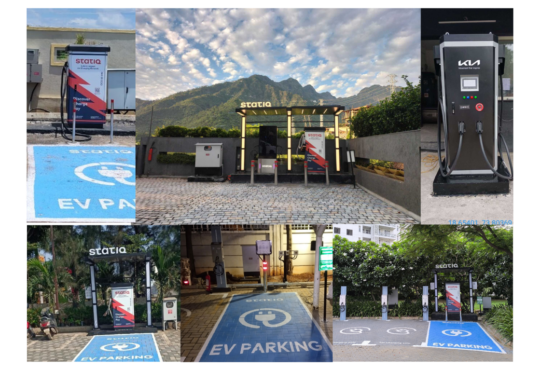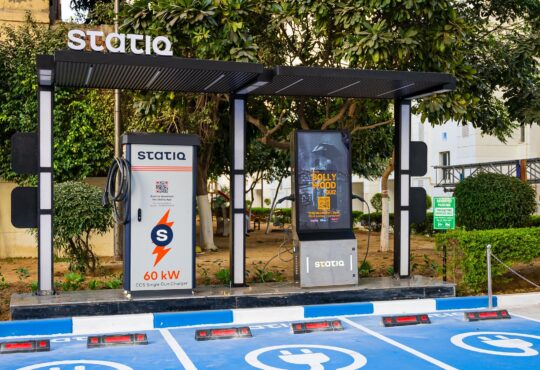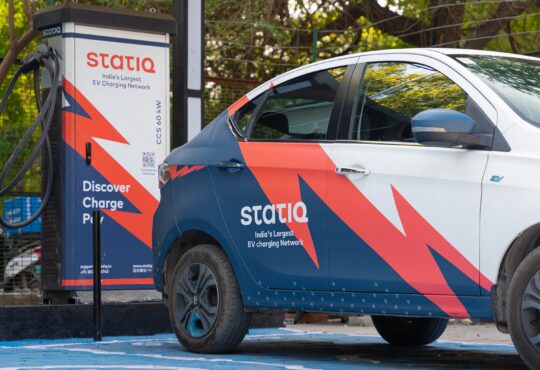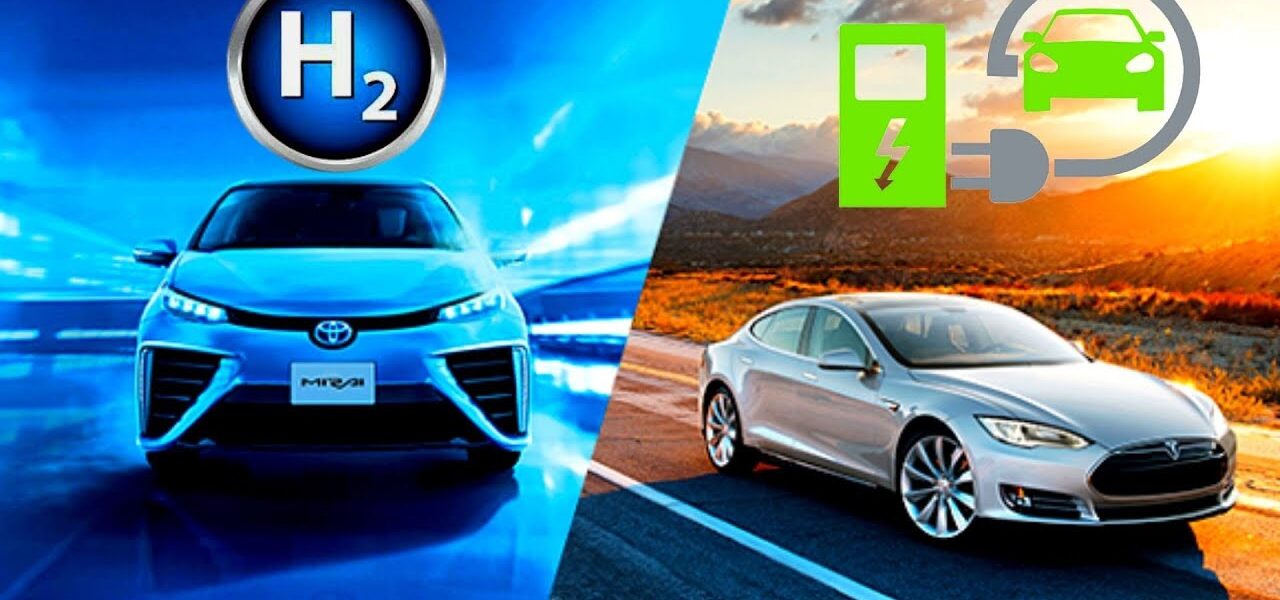
Electric vs Hydrogen Vehicle: Which One You Should Choose?
Hydrogen vehicles are gaining attention as potential replacements for electric cars. People often wonder if these hydrogen-powered cars will surpass electric cars in the future, which can be confusing for those considering buying an electric vehicle.
Don’t worry! To help you make the right choice, we’ll compare hydrogen vs electric cars based on factors like how efficient they are, their performance, how far they can go, and their impact on the environment.
Hydrogen Cars vs Electric Cars – Key Differences
Both hydrogen cars and electric cars are environmentally friendly options compared to traditional internal combustion engine vehicles. Hydrogen cars use fuel cells to convert hydrogen into electricity, propelling the vehicle. On the other hand, electric cars run on lithium-ion batteries charged from the power grid.
Electric cars are more prevalent and have more users than hydrogen cars. However, hydrogen cars are gaining popularity due to their quick refueling capability and long-distance travel. Let’s explore how these two types of vehicles work in more detail.
Electric Vehicle: The Power of Batteries
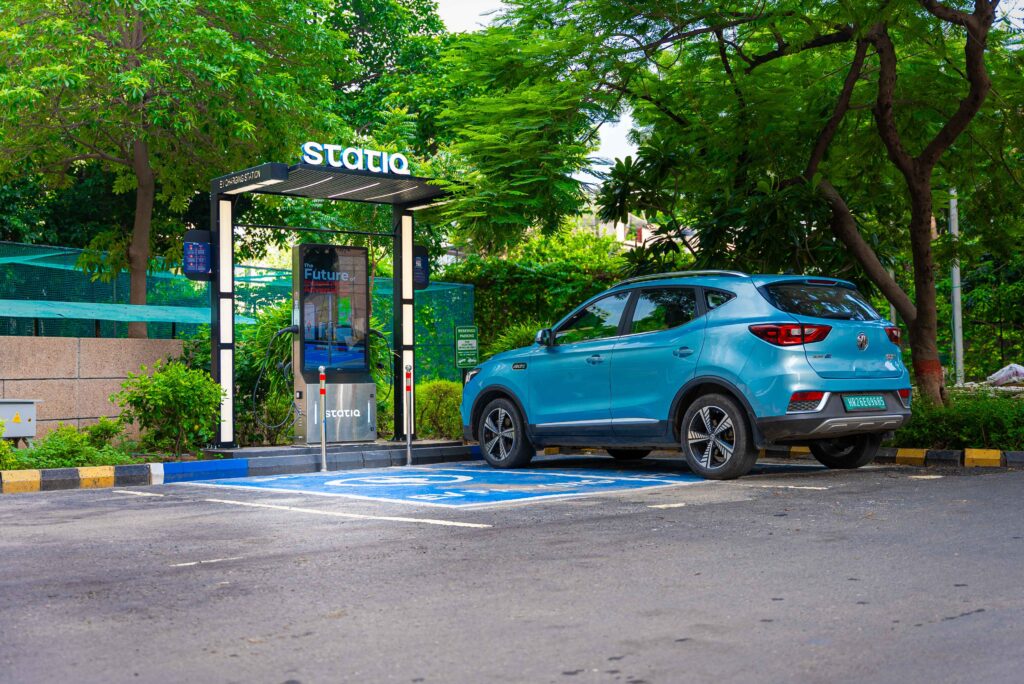
Electric vehicles are powered by rechargeable lithium-ion batteries. When you plug an EV into a charging station, the electricity is stored in the battery, which then powers the electric motor to move the vehicle. This technology is already well-established and widely adopted.
Advantages of Electric Vehicles
- Zero Emissions: EVs produce zero tailpipe emissions, reducing air pollution and greenhouse gas emissions.
- Energy Efficiency: Electric motors are highly efficient, and energy losses are minimal during operation.
- Lower Operating Costs: EVs have fewer moving parts, resulting in lower maintenance costs compared to internal combustion engine vehicles.
- Charging Infrastructure: Electric vehicle charging infrastructure is expanding rapidly, making it convenient for EV owners to charge their vehicles.
- Home Charging: Many EV owners can charge their vehicles at home, eliminating the need for frequent trips to a charging station.
Hydrogen Vehicle: Harnessing Hydrogen Energy
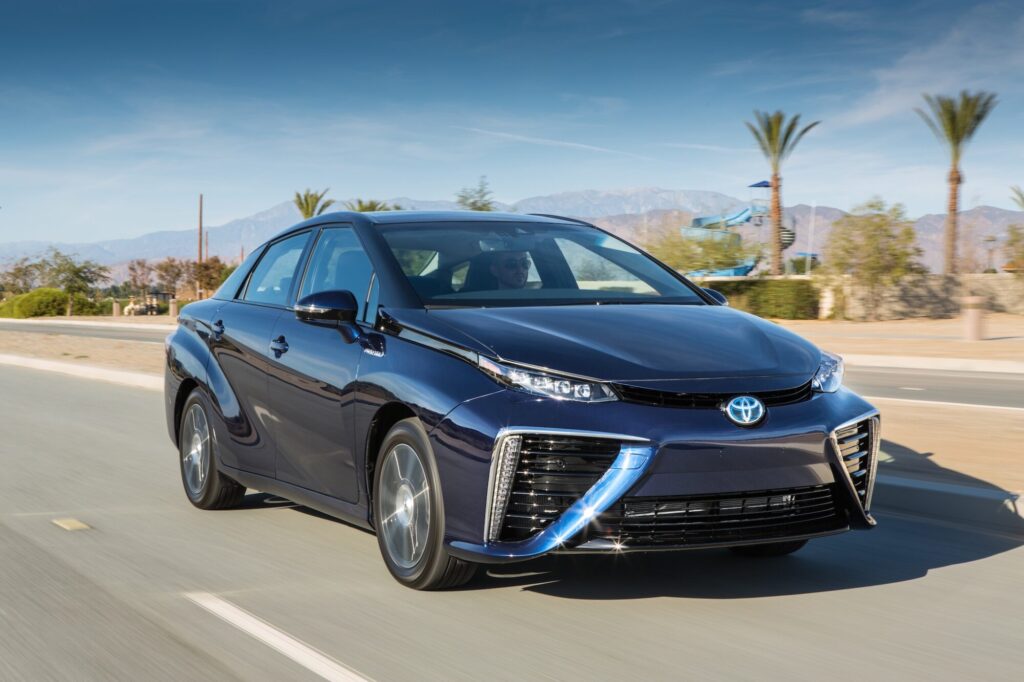
Hydrogen fuel cell vehicles use a chemical process to generate electricity on-board. When hydrogen gas is combined with oxygen from the air in a fuel cell stack, it produces electricity, which powers the vehicle’s electric motor. Fuel cell vehicles (FCVs) store hydrogen in tanks and refuel at hydrogen refueling stations.
Advantages of Hydrogen vehicles
- Quick Refueling: Hydrogen refueling is similar to refueling with gasoline and takes only a few minutes, in contrast to the longer charging times required for EVs.
- Long Range: FCVs typically have a longer driving range on a full tank of hydrogen, making them suitable for long-distance journeys.
- Zero Emissions: Like EVs, FCVs produce zero tailpipe emissions, contributing to cleaner air.
- High Energy Density: Hydrogen has a high energy density, providing more energy per unit of weight compared to batteries.
- Versatility: Hydrogen can be produced from various sources, including renewable energy, making it a versatile and sustainable fuel option.
Hydrogen vs Electric: Which is a Better Car?

The question of whether EVs or FCVs are better is not straightforward. The answer depends on various factors, including individual preferences and the specific use case. Here are some considerations to help you decide:
Electric Vehicles Might Be Better If:
- You want a vehicle that is currently more widely available and has a robust charging infrastructure.
- Your daily driving needs can be met within the range of most EVs, and you have convenient access to charging at home or work.
- You are concerned about the environmental impact of lithium-ion batteries but want a zero-emission vehicle.
Hydrogen Fuel Cell Vehicles Might Be Better If:
- You require a longer driving range and quick refueling, suitable for long-distance travel.
- Hydrogen refueling infrastructure is available and accessible in your area.
- You prefer a fuel source with high energy density and are interested in hydrogen’s potential for renewable production.
Conclusion
We hope the above comparison of Hydrogen vs Electric cars will be helpful for you to make the right choice. The choice between electric vehicles and Hydrogen Fuel Cell Vehicles ultimately depends on your specific needs and priorities. Both technologies represent significant advancements toward cleaner transportation and a reduced environmental impact. As technology continues to evolve, both electric and hydrogen vehicles will likely play important roles in the future of sustainable mobility.
Also Read, How To Book EV Charging From The Statiq App?
